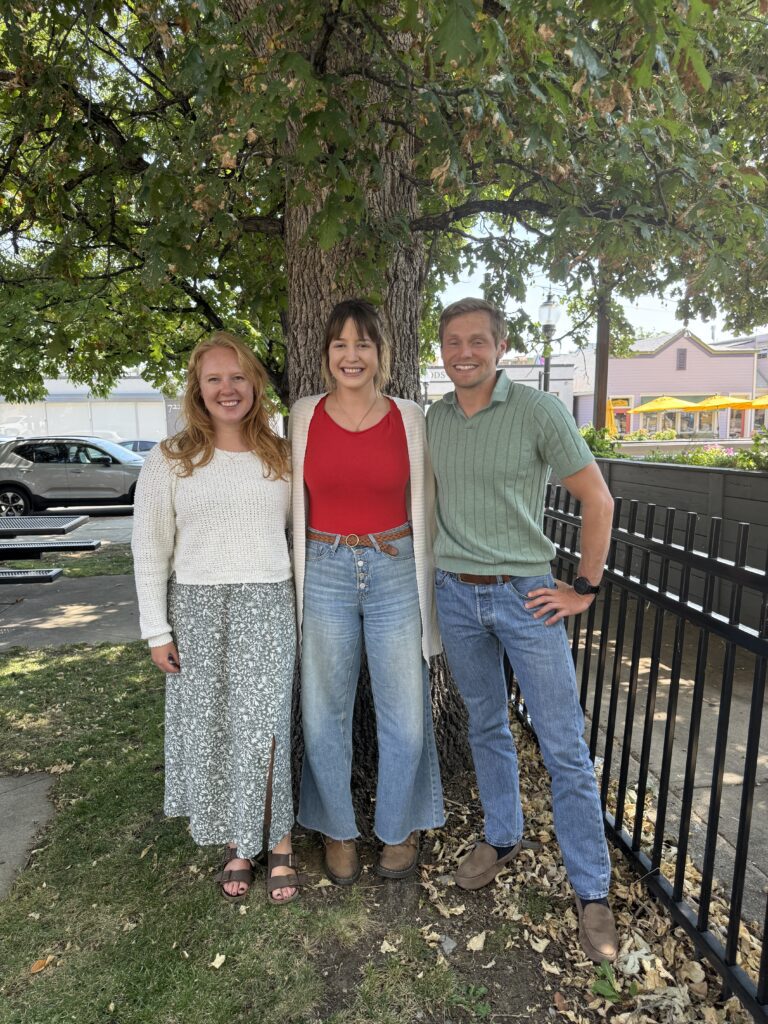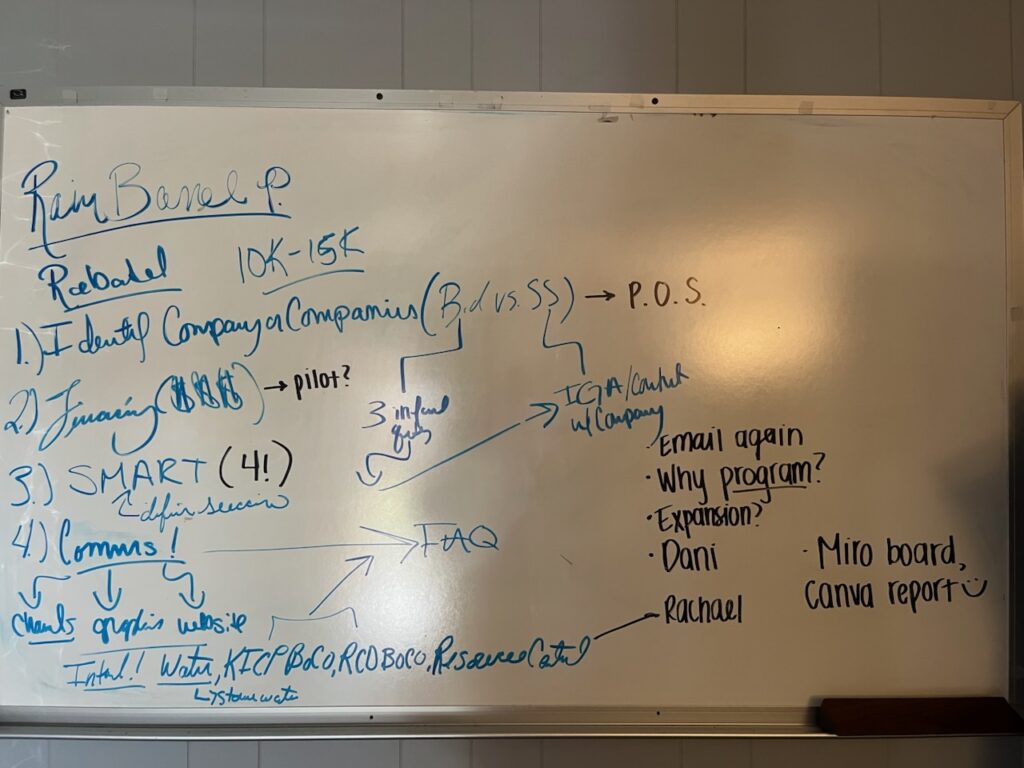ICLEI USA launched the Colorado Resilience Engine (CORE) Internship Program with dual goals: 1) building capacity among Colorado local governments and 2) training the next generation of resilience leaders. With support from the CO-WY Ascend Engine, Innosphere, the National Science Foundation, and the Colorado Office of Economic Development and International Trade, the program placed five graduate-level interns with local governments across Colorado. Each host community identified a real-world resilience challenge that would become their interns’ project for the next 6 to 8 months. Learn more about these projects – and how the CORE interns are contributing to local disaster readiness, sustainability, and climate action efforts – in this blog series.
Louisville
ICLEI USA’s Colorado Resilience Engine (CORE) Internship Program builds capacity for Colorado local governments while training the next generation of resilience professionals. With support from the CO-WY Ascend Engine, Innosphere, the National Science Foundation, and the Colorado Office of Economic Development and International Trade (OEDIT), the program placed five graduate-level interns with host communities across the state to take on pressing sustainability, resilience, and community planning priorities.
Louisville, a former coal mining hub, has transformed into one of Colorado’s most livable small cities, known for its strong sense of community and focus on local quality of life. The city has also faced major resilience challenges, including the devastating 2021 Marshall Fire. That experience continues to shape Louisville’s commitment to recovery and long-term climate preparedness.
This summer, Erin Spencer has been serving as a Climate Resilience Intern with Louisville’s Sustainability Division and Recovery & Resilience Division. Her work spans disaster preparedness, sustainability planning, and community engagement, giving her experience in both immediate readiness and long-term resilience.
One of Erin’s biggest takeaways has been understanding how decision-making unfolds across local government. “I’ve gained a new appreciation for the collaboration between advisory boards, City Council, and staff. It’s a complex process, but it ensures that policies reflect community needs,” she said.
As her internship wraps up, Erin is helping the city deliver Disaster Preparedness Month, preparing a grant application to the Natural Disaster Enterprise Mitigation Fund, and supporting the launch of new city programs. These initiatives include a proposed Rain Barrel Rebate Program, inspired by the Keep It Clean Partnership’s popular workshops, which will help residents collect and conserve rainwater. Additionally, a Commercial Turf Replacement Program will extend the City’s water conservation efforts to local businesses, complementing its existing residential initiative. Together, these projects connect strategic planning with tangible community benefits and reflect Louisville’s holistic approach to climate resilience and adaptation.
Reflecting on her CORE experience, Erin noted how impactful it has been to learn directly from city leaders working to embed sustainability and resilience in local government operations. “If you feel unsure in your work on climate resilience, you might just be on the right track–it takes exploring, experimenting, and piloting to find what works locally. What works in one place may not work in another,” she said.
Through her CORE internship, Erin is providing Louisville with needed capacity to advance preparedness and sustainability; Erin herself is building the foundation for a career in resilience leadership.

